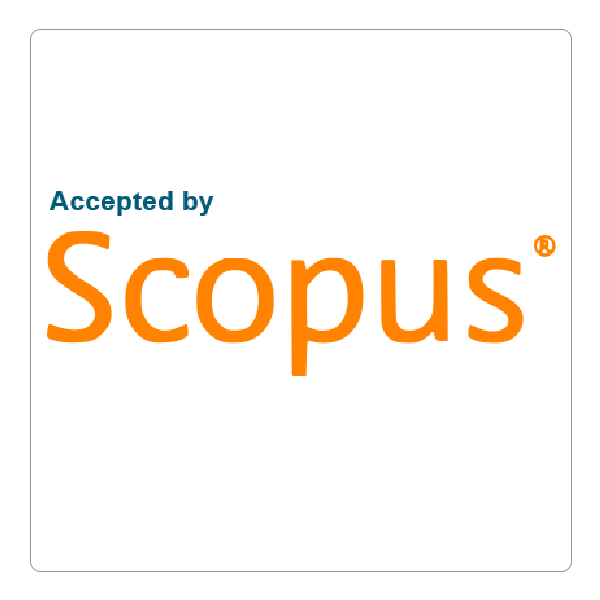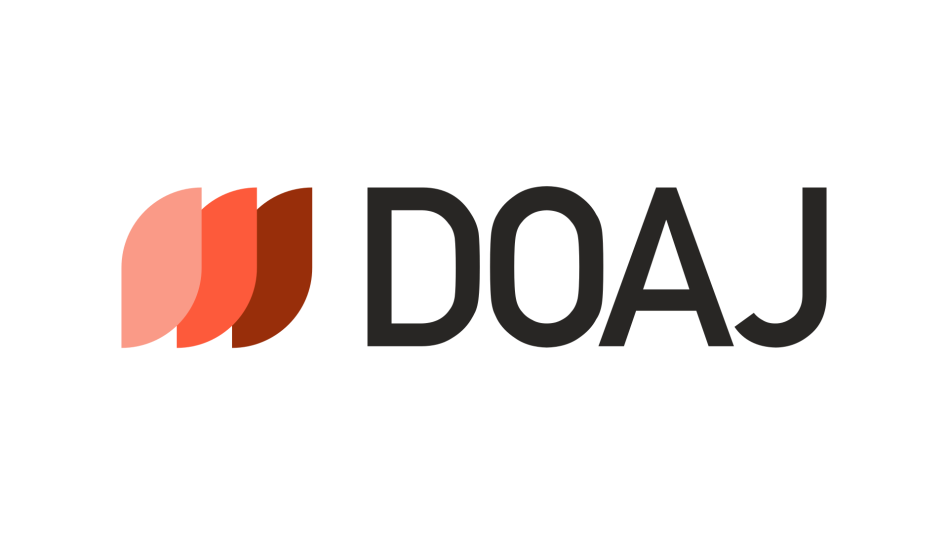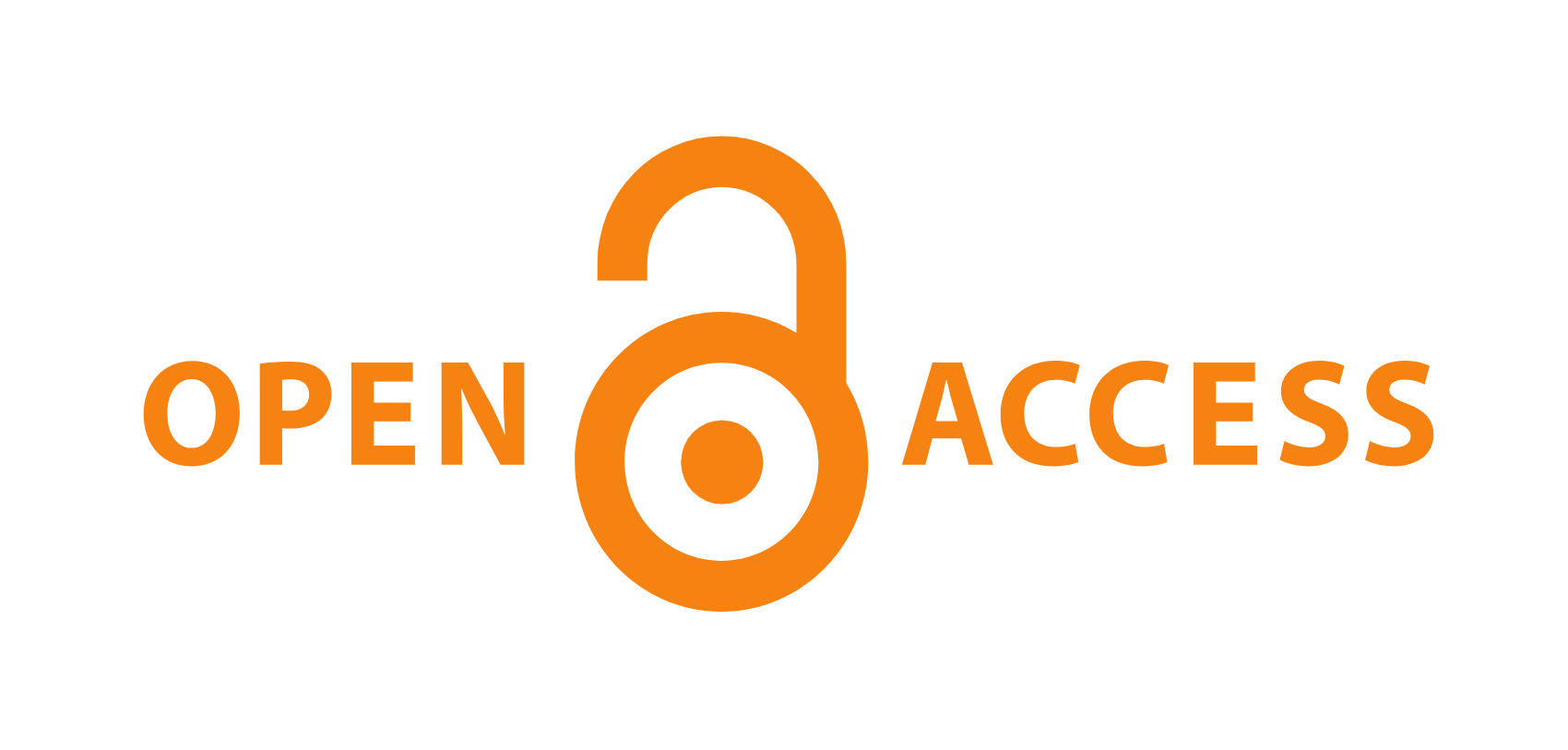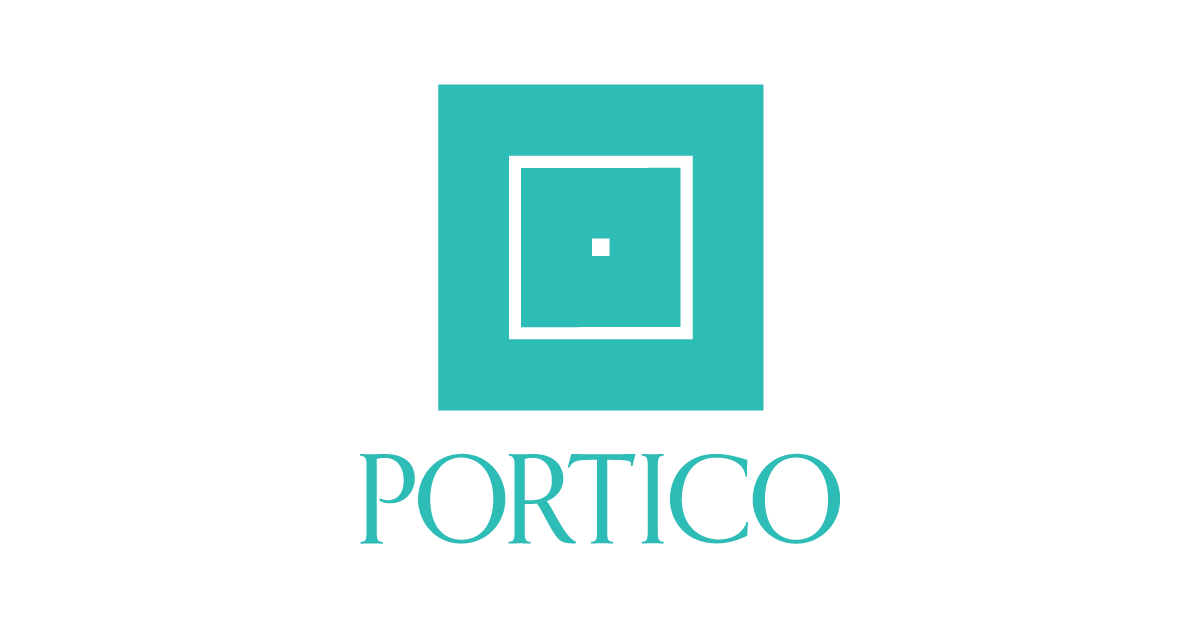How to Cite This Article
Ade, Jabbar H.
(2021)
"Challenges in the Implementation of the Bologna Process,"
Polytechnic Journal: Vol. 11:
Iss.
2, Article 13.
DOI: https://doi.org/10.25156/ptj.v11n2y2021.pp79-86
Document Type
Original Article
Abstract
Bologna process is the instruction for reshaping in the higher education system, which created significant obstacles for its implementation. The objective of this study is to investigate the issues and challenges faced Kurdistan universities during the implementation of the Bologna process. In this study, three universities have been focused; two public and a private university. A questionnaire form was designed or the three universities’ staff (Erbil Polytechnic University [EPU], Soran University, and Cihan University) which included several questions about the challenges faced them during European Credit Transfer System (ECTS) implementation. The results show that Cihan University provides more knowledge about Bologna process to its staff while EPU and Cihan University were the best regarding staff participation in Bologna process and related events such as conferences, workshops, and seminars. EPU shows to be preferable in providing ECTS instructions While Cihan University tends to be better followed the policy of ECTS. Most Universities’ staff disagreed about the success of the Bologna process implementation due to unsuitable universities’ infrastructure and academic calendar. In conclusion, in point of view of the universities’ staff, several steps have been taken toward the implementation of Bologna process, but it required more preparations and efforts.
Publication Date
12-30-2021
References
Bergan, S. and L. Deca. 2018. Twenty Years of Bologna and a Decade of EHEA: What is Next? European Higher Education Area: The Impact of Past and Future Policies. Springer, Cham.
Bologna, D. 1999. The European Higher Education Area. The Bologna Declaration of 19 June 1999, Joint Declaration of the European Ministers of Education.
Dobbins, M. and C. Knill. 2014. Higher Education Governance and Policy Change in Western Europe: International Challenges to Historical Institutions. Springer, Cham.
Heitmann, G. 2005. Challenges of engineering education and curriculum development in the context of the Bologna process. Eur. J. Eng. Educ. 30: 447-458.
Huisman, J. 2019. The Bologna process in European and post-Soviet higher education: Institutional legacies and policy adoption. Innovation. 32: 465-480.
Kettunen, J. and M. Kantola. 2006. The implementation of the Bologna process. Tertiary Educ. Manag. 12: 257-267.
Klemenčič, M. 2019. 20 Years of the Bologna Process in a Global Setting: The External Dimension of the Bologna Process Revisited. Taylor & Francis, United Kingdom.
Mahmood, O. 2021. Academic staff’s attitude toward the Bologna process and the new pedagogy in the University of Garmian. Zanco J. Pure Appl. Sci. 33: 68-76.
Marquand, J. and P. Scott. 2018. The Bologna Declaration of 19 June 1999. Democrats, Authoritarians and the Bologna Process. Emerald Publishing Limited, Bingley, United Kingdom.
Mngo, Z. Y. 2019. Probing the progress of the external dimension of the bologna process. PSU Res. Rev. 3(3): 215-226.
Öhlén, J., C. Furåker, E. Jakobsson, I. Bergh and E. Hermansson. 2011. Impact of the Bologna process in Bachelor nursing programmes: The Swedish case. Nurse Educ. Today. 31: 122-128.
Terry, L. S. 2007. The Bologna process and its implications for US legal education. J. Leg. Educ. 57: 237.
Terry, L. S. 2008. The Bologna Process and its Impact in Europe: It’s so much more than degree changes. Vanderbilt J. Transnatl. Law. 41: 107.
Veiga, A. and A. Amaral. 2006. The open method of coordination and the implementation of the Bologna process. Tertiary Educ. Manag. 12: 283-295.











Follow us: